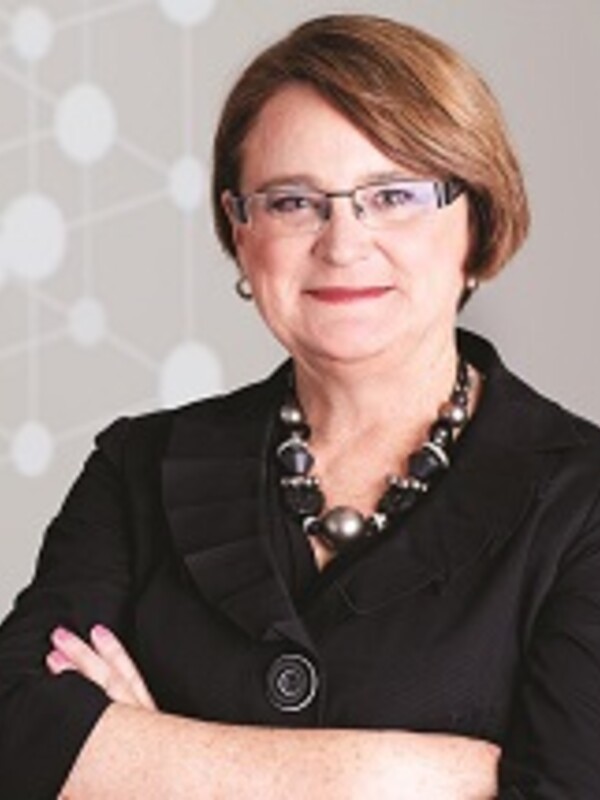Breadcrumbs
In Profile: Mary L'Abbé

Ensuring that public health policy is based on solid research is a key goal of the Lawson Centre; hence the crucial importance of Professor Mary L'Abbé’s work.
L'Abbé is the Earle W. McHenry Professor and Chair of the Department of Nutritional Sciences. She leads the Lawson Centre’s knowledge mobilization, regulatory affairs and government relations efforts that accelerate improvements in child nutrition policy.
“The goal of our research is to provide clear evidence that informs national and international policies, which in turn create a food environment where the healthy choice is an easy choice,” says L'Abbé. “To stem Canada's epidemic of chronic disease, we must shift our focus from treatment to prevention.”
L'Abbé’s lab studies how consumers understand and use nutritional information on food products, among other subjects. Her work has also explored the role of food marketing to children and parents, as well as the nutritional quality of kids’ menus at restaurants. “New studies will provide us with a better understanding of on-going changes in the global food supply, as well as how consumers interpret and act on nutritional information,” she says.
For example, the mandatory Nutrition Facts Table present on all food packaging is a good source of information summarized in a standard format, but not all consumers know how to interpret it to eat the right daily amounts of nutrients. “We are testing different ways to present nutritional information that would help people to make healthy choices,” says L'Abbé.
L'Abbé was also part of a team that recently developed a sodium calculator for Canadians. “People know that too much salt is bad for them, but they don’t know just how much they consume each day,” she says. “This is why tools like Project Big Life’s Sodium Calculator make it easy for an average person to see how much sodium they are eating relative to the recommended amounts, and where all that sodium is coming from.”
L'Abbé also points out that we need to understand how different groups of consumers make their food choices. The decision-making of average adults may be different from adolescents or parents with young children. Better methodologies for analyzing how much and what different groups of people eat will help inform policy recommendations.
L'Abbé has worked on many international research teams and served on several advisory boards, with the Government of Canada, the World Health Organization and the Heart and Stroke Foundation, among others. Her experience building partnerships makes her confident that by bringing different scientific and methodological perspectives together, the Lawson Centre can significantly improve the food quality and diet of children in Canada and around the world.
“We all have healthy kids in mind as our top priority. Many scientists work in isolation or in small groups, so a great value of the Lawson Centre is that it can facilitate networks that will allow a more systematic focus on the important questions in child nutrition.”
